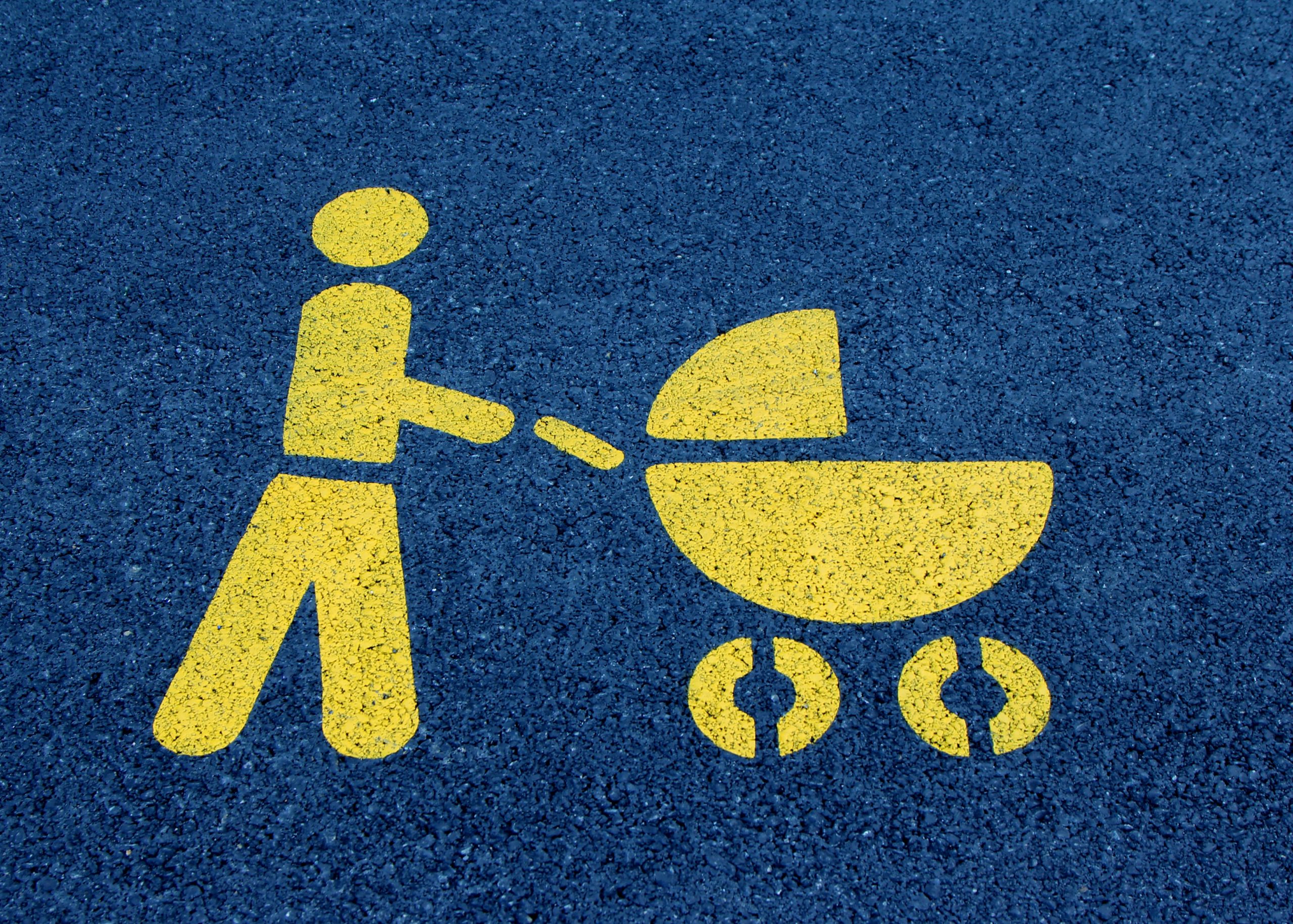
According to the Central Intelligence Agency (CIA)’s latest report on total fertility rates around the world, Taiwan was ranked last out of 227 countries. To reverse Taiwan’s declining fertility rate, the government has taken some steps to address this issue, most recently by amending rules related to parental leave, wage allowances and additional time off for antenatal appointments. These changes came into effect on 1 July.
Parental Leave
Previously, parents could only apply for 6 months’ continuous parental leave at least one time before their child reaches three years old. The total parental leave given must not exceed 2 years. Under the new rules, parents will no longer be bound to this 6-month period, instead they can choose anywhere between 1 and 6 months off. However, each period of parental leave should not be less than 30 days and each parent can only take up to 2 periods of this kind of short-term parental leave.
Parents applying for parental leave must file an application in writing (or other appropriate internal channel) with their employer at least 10 days before they plan to take leave. In addition to the increased flexibility around parental leave, the government has also increased the childcare allowance from 60% to 80% of the parents’ insured wages under the Employment Insurance Act. Parents must be enrolled in the insurance scheme to qualify.
Paid time off for antenatal appointments
Previously, employees were able to book up to 10 antenatal appointments, with medical fees covered by National Health Insurance (NHI). This has now been increased to 14 appointments during pregnancy.
Because of this additional allowance, the government also plans to amend the “Act of Gender Equality in Employment” to increase the amount of paid leave given to attend antenatal appointments. If the draft amendment is passed, paid time off will increase from 5 days currently to 7 days.
Even though the amendment is yet to become law, any employers who grant paid leave for the 6th and 7th days will be reimbursed by the government.
It remains to be seen whether these measures will encourage more people to have children and whether the measures go far enough to reversing Taiwan’s declining birth rate.
For more information on labor laws in Taiwan, please contact Christine Chen at cchen@winklerpartners.com.
Written July 12, 2021 By Christine Chen, Megan Chiu.
